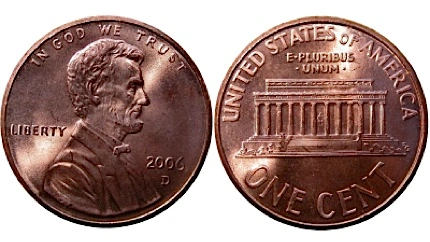By Hauwa Noroh Ali
If only the elders can recover from their madness, the gods will regain their sanity as well.
I was born with premium tribal data — Berom mother, Fulani father. Unlimited cultural bandwidth. Dual SIM. Both religions included. No roaming charges.
You’d think that meant I’d be the poster child for unity. A harmony ambassador. The living proof that love can cross mountains, cattle routes, and Sunday services. But Nigeria said: “LOL, hold my zobo.”
See, being Fulani-Berom sounds like an exotic jollof of heritage until Jos boils over in crisis, and suddenly I’m the leftover stew no one wants to claim.
At the Berom family meetings, the air gets tight. Tight like someone just locked a juju pot with a padlock of suspicion.
They’ll smile, sure — tight-lipped like toothpaste tubes in a drought. “She’s Fulani,” one whispers.
“From her father’s side,” another adds, as if my womb receipt is up for debate. They say it without saying it: “She might be here to spy, o.”
Spy? Me? I still can’t even spy on my own destiny.
Then I go to the Fulani side, and it’s a different show. Not quite. No. They talk plenty — just not to me directly.
“She’s half Christian.”
“She will carry the gist to the church.”
“Don’t mention anything near her before she reports us to CNN.”
At some point, I wanted to scream, “Report what exactly? That Uncle Musa’s cows chew garri during the crisis season?”
One day, in peak frustration, I raised my hands and said, “Okay, everyone pick your side. Bring knives. Drain the blood. Share it. Take what you claim. Maybe then I can be free.”
But they all looked away.
No one wanted the blood — just the politics around it.
So here I am. Not Christian enough for the pastors. Not Muslim enough for the imams. Not Berom enough for the compound. Not Fulani enough for the clan.
I’m just…me.
The dysfunctional girl with a PhD in dual identity and a Master’s in “Minding Everybody’s Business But Her Own.”
Nigeria is a cracked mirror, each tribe holding a shard, claiming theirs reflects the whole truth.
But the truth is bleeding in the cracks. People are dying over whose God hears better. Whose ancestors danced harder. Whose land is “original.” Whose cows or crops came first.
And meanwhile, those in power eat party rice together at night. We, the children of love across enemy lines; we carry the weight. We translate the silences. We host the awkward conversations. We bleed quietly so the war drums can beat louder.
But maybe — just maybe — we’re the bridge too.
Because if love could exist between a Fulani man and a Berom woman, between mosque calls and Sunday bells… maybe Nigeria still has a shot.
Maybe dysfunction is what birth healing looks like in the beginning.
So here’s to us — the confused, the in-between, the peace-babies with inherited scars. We may not fit neatly in their boxes. But we are the story they’re too scared to write.

